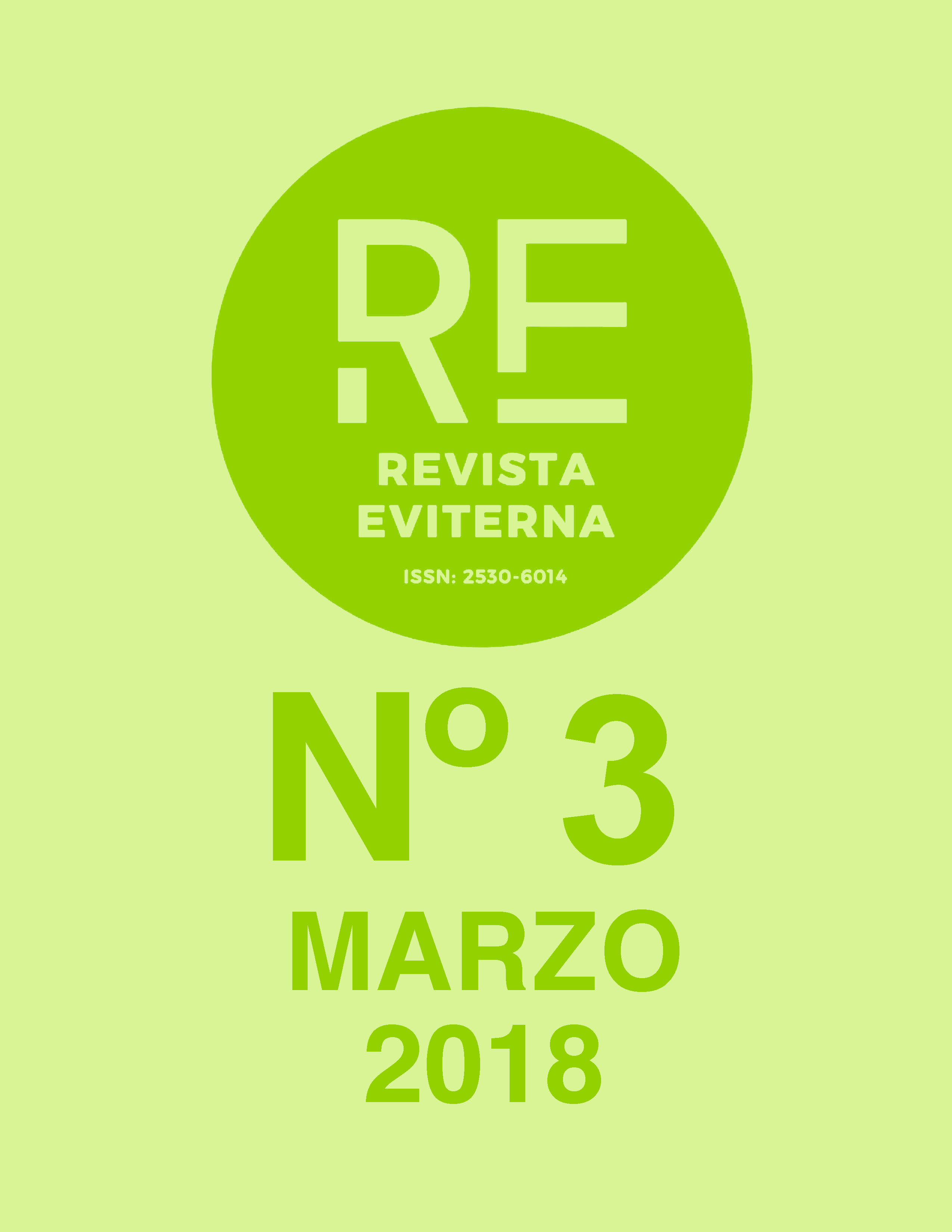Monsters, animality and biopolitics at Montacerdos of Cronwell Jara
DOI:
https://doi.org/10.24310/Eviternare.v0i3.8177Keywords:
animality, biopolitics, monsters, MontacerdosAbstract
This article is based on the Peruvian Cronwell Jara’s Montacerdos to investigate the topics of monstrosity and animality, by basing the thoughts mainly on the ideas of Foucault and Agamben. Using biopolitics as a transversal concept, an attempt will be made to identify the characteristics that bind them with monstrosity and animality in the characters of Montacerdos, mainly with Yococo, main character of the story. Starting with him, questions about the category of monster and its relationship with Homo Sacer will be answered, as well as about the boundaries between human and animal. Finally, an attempt will be made to identify the modalities in which biopower acts in the story and what resistance strategies the characters offer.
Downloads
Metrics
Publication Facts
Reviewer profiles N/A
Author statements
Indexed in
-
—
- Academic society
- N/A
- Publisher
- Universidad de Málaga
References
AGAMBEN, Giorgio (2010). Homo Sacer. El poder soberano y la vida nuda. Pre-textos: Valencia.
AGAMBEN, Giorgio (2005). Lo abierto. El hombre y el animal. Trad. Antonio Gimeno Cuspinera. Pre-Textos: Valencia.
CÁRCAMO-HUECHANTE, Luis (2005). “Cuerpos excedentes: violencia, afecto y metáfora en Montacerdos de Cronwell Jara”. Revista de crítica latinoamericana, Lima-Hanover, pp. 165-180.
FOUCAULT, Michel (2014). Los Anormales. Fondo de Cultura Económica: Buenos Aires.
JARA, Cronwell (2006). Montacerdos. 1981. Editorial San Marcos: Lima,
LÓPEZ RODRÍGUEZ, Irene (2012). “El lenguaje híbrido de la marginalidad: Montacerdos de Cronwell Jara”. El Cuento en Red. Estudios sobre la ficción breve. Núm. 25.
VASQUEZ ROCCA, Adolfo (2007). Foucault; 'Los Anormales', Una genealogía de lo monstruoso. Homines, Malaga. http://www.homines.com/palabras/foucault_anormales/index.htm (consulta, 3 de junio 2015)
YUSHIMITO DEL VALLE, Carlos (2013). “Ilegitimidad y fantasmagoría política: Una lectura del sujeto desechable en Montacerdos de Cronwell Jara”. Anales de Literatura Hispanoamericana, vol.42, pp. 29-40.
Downloads
Published
How to Cite
Issue
Section
License
All the contents published in Revista Eviterna are subject to the Creative Commons Reconocimento-NoComercia-Compartirigual 4.0 license, the full text of which can be found at <http://creativecommons.org/licenses/by-nc-sa/4.0>
They may be copied, used, disseminated, transmitted and publicly exposed, provided that:
The authorship and original source of your publication (Journal, editorial and URL of the work) are cited.
They are not used for commercial purposes.
The existence and specifications of this use license are mentioned.

Copyright is of two kinds: moral rights and patrimonial rights. Moral rights are perpetual, inalienable, inalienable, inalienable, inalienable and imprescriptible prerogatives.
In accordance with copyright legislation, Revista Eviterna recognizes and respects the moral rights of the authors, as well as the ownership of the economic right, which will be transferred to the University of Malaga for dissemination in open access.
The economic rights refer to the benefits obtained by the use or disclosure of the works. Revista Eviterna is published in open access and is exclusively authorized to carry out or authorize by any means the use, distribution, disclosure, reproduction, adaptation, translation or transformation of the work.
It is the responsibility of the authors to obtain the necessary permissions of the images that are subject to copyright.







12.png)



